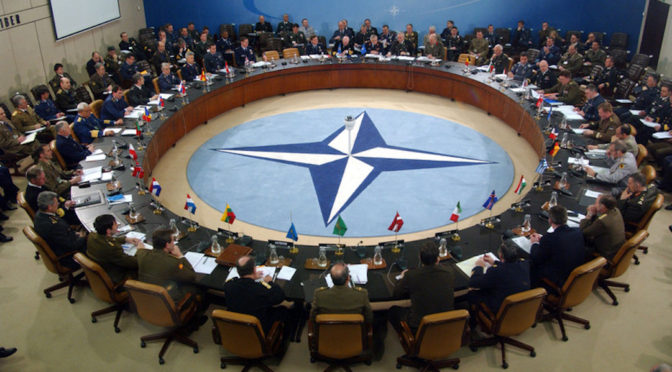In this article, Anthony Pfaff discusses what ethical norms should govern proxy war and the relationships that sustain them; the way the existence of a benefactor-proxy relationship complicates the application of traditional jus ad bellum criteria; and the additional moral problems caused by the way proxy wars shift risk away from benefactors. He concludes by… Continue reading Proxy War Ethics
Category: Vol. 9 No. 2
Beyond Privacy & Security: The Role of the Telecommunications Industry in Electronic Surveillance
From the perspective of private industry, Mieke Eoyang examines the interplay between US national security electronic surveillance and the US telecommunications companies that are necessary intermediaries for this surveillance, tracing the history of major surveillance programs and identifying key areas of tension. Eoyang recommends reforms including a court process for government access to overseas data… Continue reading Beyond Privacy & Security: The Role of the Telecommunications Industry in Electronic Surveillance
Understanding the Challenge of Legal Interoperability in Coalition Operations
In coalition operations, individual States may be responsible in law for some, but not all, of the activities conducted, and coalition members will often have different legal obligations or varying interpretations of the same obligations. In this article, David S. Goddard explores the challenges of achieving legal interoperability—the effective managing of these differences— and suggests… Continue reading Understanding the Challenge of Legal Interoperability in Coalition Operations



